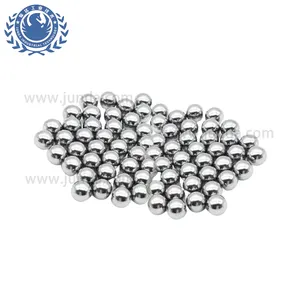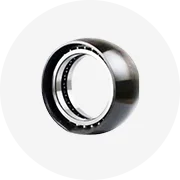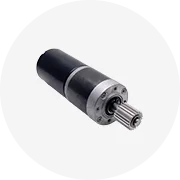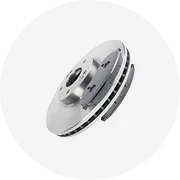










Bicycle steel balls, commonly known as bearing balls, are a crucial element in the cycling industry. These small but mighty components are integral to the smooth operation of bicycles, facilitating effortless motion and reducing friction between the moving parts of a bike. As a pivotal part of the bicycle's bearing system, they are found in the wheel hubs, bottom brackets, and steering columns.
Bearing balls for bicycles come in various sizes and grades, each tailored for different cycling demands. The precision steel balls are designed for high-end performance bicycles, offering enhanced durability and smoother ride quality. On the other hand, standard grade balls are suitable for everyday bikes used in urban environments. The application of these steel balls extends beyond just bicycles, as they are also utilized in other cycling gear such as pedal assemblies and derailleur pivots.
The bicycle ball bearings are crafted from a variety of materials, with the most common being hardened steel. These balls are characterized by their resistance to wear and deformation. Stainless steel variants are also popular, especially for riders who require corrosion resistance due to wet or humid conditions. Ceramic bicycle steel balls are another option, known for their lightweight and low-friction properties, which can lead to increased efficiency and speed for competitive cyclists.
Investing in quality bearing balls can significantly enhance a cyclist's experience. They ensure a smoother rotation of the bike's moving parts, leading to reduced energy loss and a more efficient transfer of power from the rider to the wheels. This can result in a noticeable improvement in speed and acceleration. Moreover, superior-grade balls can extend the lifespan of bicycle bearings, as they are less prone to wear and offer better resistance to external contaminants.
Choosing the right size and type of bicycle steel balls is essential for optimal performance. Compatibility with the bicycle's bearing system is paramount, as an incorrect size can cause undue stress on the components, leading to premature failure. Cyclists or mechanics should refer to the manufacturer's specifications or consult with a professional to ensure the correct fit.
Regular maintenance of bike ball bearings is crucial for preserving their functionality and extending their service life. This includes periodic cleaning, lubrication, and inspection for wear and tear. Cyclists should be aware of the signs of bearing degradation, such as unusual noises or a decrease in pedaling efficiency, which may indicate the need for replacement.
In conclusion, bicycle steel balls are a key element in the maintenance and performance of bicycles. Whether for casual commuting or competitive racing, selecting the appropriate type and maintaining them properly can lead to a significantly better cycling experience.